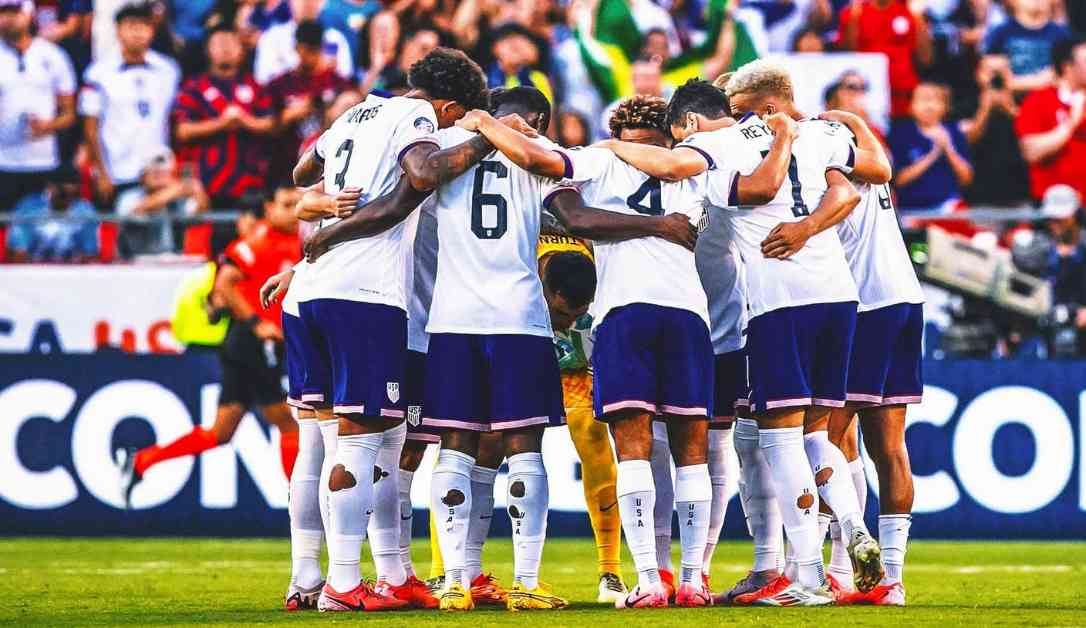The United States men’s national team faced a disappointing exit from Copa América, failing to advance from the group stage as the host nation. This raised many questions about what went wrong, the future of coach Gregg Berhalter, and even an incident where a referee refused to shake Christian Pulisic’s hand. But one intriguing question that was raised is whether the U.S. would have fared better if they had competed in Euro 2024 instead.
Martin Rogers believes that the U.S. could have had a better chance at success in the Euros due to the tournament’s format, where four third-place teams advance to the knockout round. With the U.S. players primarily competing in Europe, they might have been more suited to the style of play and officiating in the Euros. Rogers even went as far as predicting that the U.S. could have made it to the Round of 16 based on his analysis of the hypothetical scenario.
On the other hand, Doug McIntyre disagrees with this assessment. He argues that the U.S. team was out of form and struggling even before Copa América, indicating a lack of readiness for a major tournament like Euro 2024. McIntyre points out instances where the team struggled against weaker opponents and showed signs of inconsistency and vulnerability.
While Rogers sees a potential path to success for the U.S. in the Euros, McIntyre emphasizes the team’s current shortcomings and doubts their ability to compete against European teams. McIntyre highlights the team’s recent struggles and questions whether they would have been able to secure positive results against teams like Albania, Scotland, or Ukraine in a European competition.
In conclusion, the debate between Rogers and McIntyre sheds light on the different perspectives regarding the U.S. men’s national team’s hypothetical participation in Euro 2024. While Rogers sees a chance for success based on the team’s European experience, McIntyre emphasizes the team’s current form and challenges they would have faced in a different tournament setting. Ultimately, the discussion raises interesting points about the team’s potential and areas for improvement moving forward.












